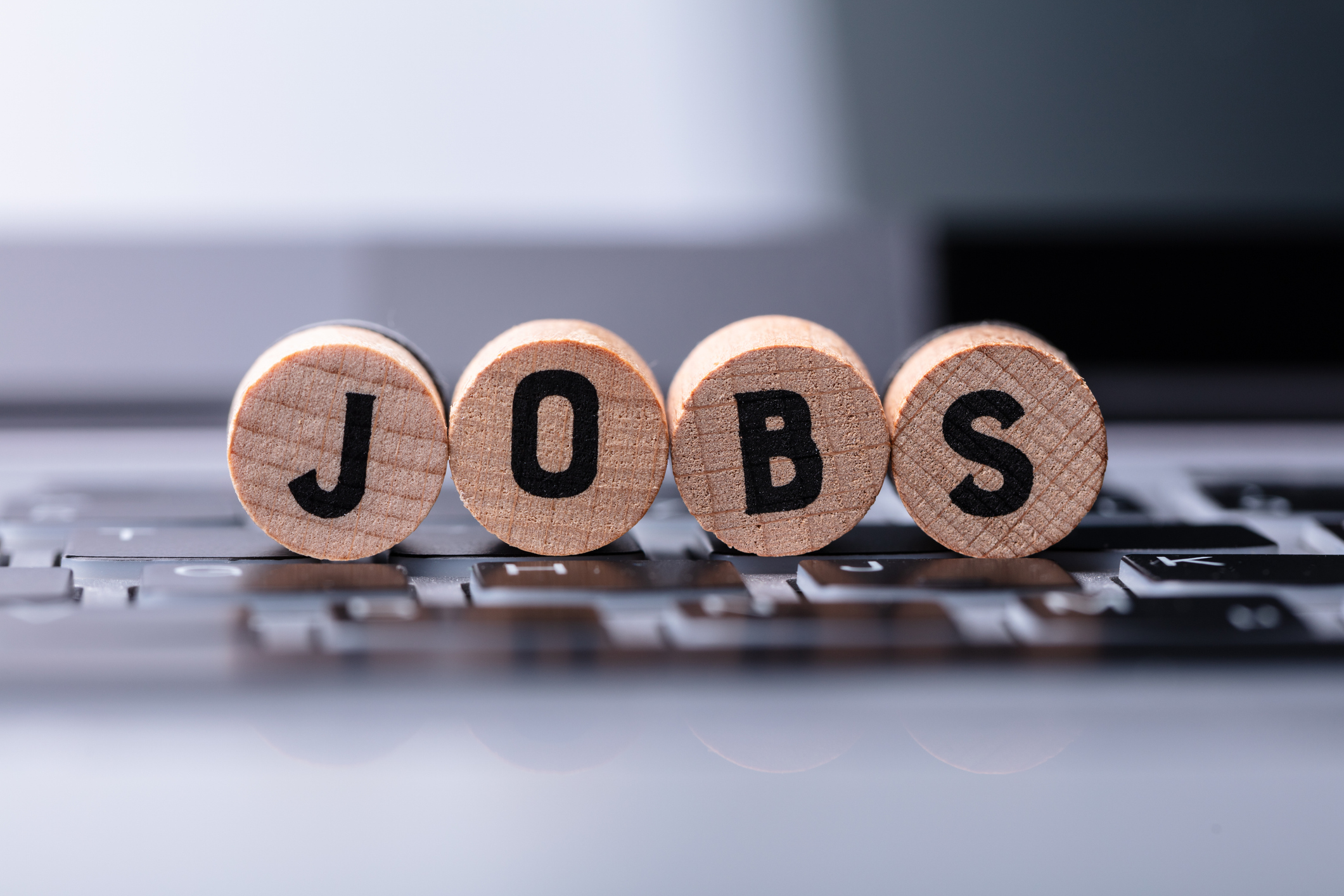Beware the Roaring Twenties
For the first time in years, valuations -- not black swans or politics or the Fed -- are a challenge.


Profit and prosper with the best of Kiplinger's advice on investing, taxes, retirement, personal finance and much more. Delivered daily. Enter your email in the box and click Sign Me Up.
You are now subscribed
Your newsletter sign-up was successful
Want to add more newsletters?

Delivered daily
Kiplinger Today
Profit and prosper with the best of Kiplinger's advice on investing, taxes, retirement, personal finance and much more delivered daily. Smart money moves start here.

Sent five days a week
Kiplinger A Step Ahead
Get practical help to make better financial decisions in your everyday life, from spending to savings on top deals.

Delivered daily
Kiplinger Closing Bell
Get today's biggest financial and investing headlines delivered to your inbox every day the U.S. stock market is open.

Sent twice a week
Kiplinger Adviser Intel
Financial pros across the country share best practices and fresh tactics to preserve and grow your wealth.

Delivered weekly
Kiplinger Tax Tips
Trim your federal and state tax bills with practical tax-planning and tax-cutting strategies.

Sent twice a week
Kiplinger Retirement Tips
Your twice-a-week guide to planning and enjoying a financially secure and richly rewarding retirement

Sent bimonthly.
Kiplinger Adviser Angle
Insights for advisers, wealth managers and other financial professionals.

Sent twice a week
Kiplinger Investing Weekly
Your twice-a-week roundup of promising stocks, funds, companies and industries you should consider, ones you should avoid, and why.

Sent weekly for six weeks
Kiplinger Invest for Retirement
Your step-by-step six-part series on how to invest for retirement, from devising a successful strategy to exactly which investments to choose.
It’s the new Roaring Twenties, so let’s call up an authentic voice from the last such era: Thorstein Veblen, an economist and social critic who coined the phrase “conspicuous consumption.” Veblen’s most enduring observation is that the more something costs, the likelier wealthy people or status-seekers are to buy it. Economists call such baubles Veblen goods. And today they seem to be plentiful in many investors’ income portfolios.
Stocks are expensive, bond prices appear gold-plated, and real estate investment trusts just finished their best year since 2006. Gold is on a roll. The case for caution is legitimate.
Then again, the excesses of the 1920s—and other bull runs, such as those in the 1980s and 2010s—went on and on, frustrating killjoys and permabears. I’ve advocated that everyone stick with what’s working, choose higher-yielding investments over lower-yielding ones, reinvest returned cash and new money, and ignore short-term, news-driven setbacks. That’s paid off.
From just $107.88 $24.99 for Kiplinger Personal Finance
Become a smarter, better informed investor. Subscribe from just $107.88 $24.99, plus get up to 4 Special Issues

Sign up for Kiplinger’s Free Newsletters
Profit and prosper with the best of expert advice on investing, taxes, retirement, personal finance and more - straight to your e-mail.
Profit and prosper with the best of expert advice - straight to your e-mail.
But I don’t know how much the market will keep bidding up the price for each dollar of interest or dividends. Is there a breaking point? And is it in sight? In 2019, the strategists and portfolio managers all told me that low inflation, falling interest rates and a compliant Federal Reserve have built a concrete floor under share prices. Buyers might hesitate, but mass selling is not in the offing.
However, I find that many heretofore reasonably priced dividend stocks and other investments really are rich. It’s sensible now to look over your holdings and see if you have something that appears to be vulnerable at its current price. The following isn’t a strict sell list, because if you have large embedded gains, you can better afford a correction than a capital gains tax bill. Dividends and most interest payments are not in danger. But I expect some sharp price setbacks. Here’s where I see some red flags:
AT&T. A year ago, people piled into the only bona fide blue-chip common stock with a yield above 7%. Then, you paid roughly $14 for each $1 of T dividends. Now, with AT&T (symbol T) pushing $40, the price per dollar of dividends is nearly $20. That’s steep.
Baby bonds with $25 par value trading for $27. Discounts have become scarce among these low-face-value IOUs. Never mind that the interest rate climate is more bullish now that the Fed has stopped tightening. That’s a high markup to pay for these bond snippets.
Dividend funds. The sobriquet dividend on a fund or a strategy can disguise some awfully high valuations. The 10 largest holdings of iShares Select Dividend ETF (DVY) boast a 43% one-year average return. But of those 10, only one, Dominion Energy (D) , declared much of a dividend hike in 2019.
Certain closed-end funds. Gabelli Utility Trust (GUT) has an average long-term return for a utility fund and a portfolio full of the usual suspects. Yet it commands a premium to net asset value of 57%? Even Jay Gatsby wouldn’t pay that—but somehow, someone is.
Water utilities. For years, American Water Works (AWK) and Aqua America (WTR) had price-earnings ratios in the 20s and sharply rising dividends. Now the dividend growth has slowed, and you pay over 30 times earnings for both American and Aqua. Clean water is priceless, but these shares shouldn’t make Apple look cheap.
I’m not bearish on the economy. But for the first time in years, valuations—not black swans or politics or the Fed—are a challenge. Even if investment excesses aren’t wretched, they still have a way of correcting. So, shop carefully, review what you own, and don’t chase the herd.
Profit and prosper with the best of Kiplinger's advice on investing, taxes, retirement, personal finance and much more. Delivered daily. Enter your email in the box and click Sign Me Up.

Kosnett is the editor of Kiplinger Investing for Income and writes the "Cash in Hand" column for Kiplinger Personal Finance. He is an income-investing expert who covers bonds, real estate investment trusts, oil and gas income deals, dividend stocks and anything else that pays interest and dividends. He joined Kiplinger in 1981 after six years in newspapers, including the Baltimore Sun. He is a 1976 journalism graduate from the Medill School at Northwestern University and completed an executive program at the Carnegie-Mellon University business school in 1978.
-
 The New Reality for Entertainment
The New Reality for EntertainmentThe Kiplinger Letter The entertainment industry is shifting as movie and TV companies face fierce competition, fight for attention and cope with artificial intelligence.
-
 Stocks Sink With Alphabet, Bitcoin: Stock Market Today
Stocks Sink With Alphabet, Bitcoin: Stock Market TodayA dismal round of jobs data did little to lift sentiment on Thursday.
-
 Betting on Super Bowl 2026? New IRS Tax Changes Could Cost You
Betting on Super Bowl 2026? New IRS Tax Changes Could Cost YouTaxable Income When Super Bowl LX hype fades, some fans may be surprised to learn that sports betting tax rules have shifted.
-
 The New Fed Chair Was Announced: What You Need to Know
The New Fed Chair Was Announced: What You Need to KnowPresident Donald Trump announced Kevin Warsh as his selection for the next chair of the Federal Reserve, who will replace Jerome Powell.
-
 January Fed Meeting: Updates and Commentary
January Fed Meeting: Updates and CommentaryThe January Fed meeting marked the first central bank gathering of 2026, with Fed Chair Powell & Co. voting to keep interest rates unchanged.
-
 The December CPI Report Is Out. Here's What It Means for the Fed's Next Move
The December CPI Report Is Out. Here's What It Means for the Fed's Next MoveThe December CPI report came in lighter than expected, but housing costs remain an overhang.
-
 How Worried Should Investors Be About a Jerome Powell Investigation?
How Worried Should Investors Be About a Jerome Powell Investigation?The Justice Department served subpoenas on the Fed about a project to remodel the central bank's historic buildings.
-
 The December Jobs Report Is Out. Here's What It Means for the Next Fed Meeting
The December Jobs Report Is Out. Here's What It Means for the Next Fed MeetingThe December jobs report signaled a sluggish labor market, but it's not weak enough for the Fed to cut rates later this month.
-
 The November CPI Report Is Out. Here's What It Means for Rising Prices
The November CPI Report Is Out. Here's What It Means for Rising PricesThe November CPI report came in lighter than expected, but the delayed data give an incomplete picture of inflation, say economists.
-
 The Delayed November Jobs Report Is Out. Here's What It Means for the Fed and Rate Cuts
The Delayed November Jobs Report Is Out. Here's What It Means for the Fed and Rate CutsThe November jobs report came in higher than expected, although it still shows plenty of signs of weakness in the labor market.
-
 December Fed Meeting: Updates and Commentary
December Fed Meeting: Updates and CommentaryThe December Fed meeting is one of the last key economic events of 2025, with Wall Street closely watching what Chair Powell & Co. will do about interest rates.